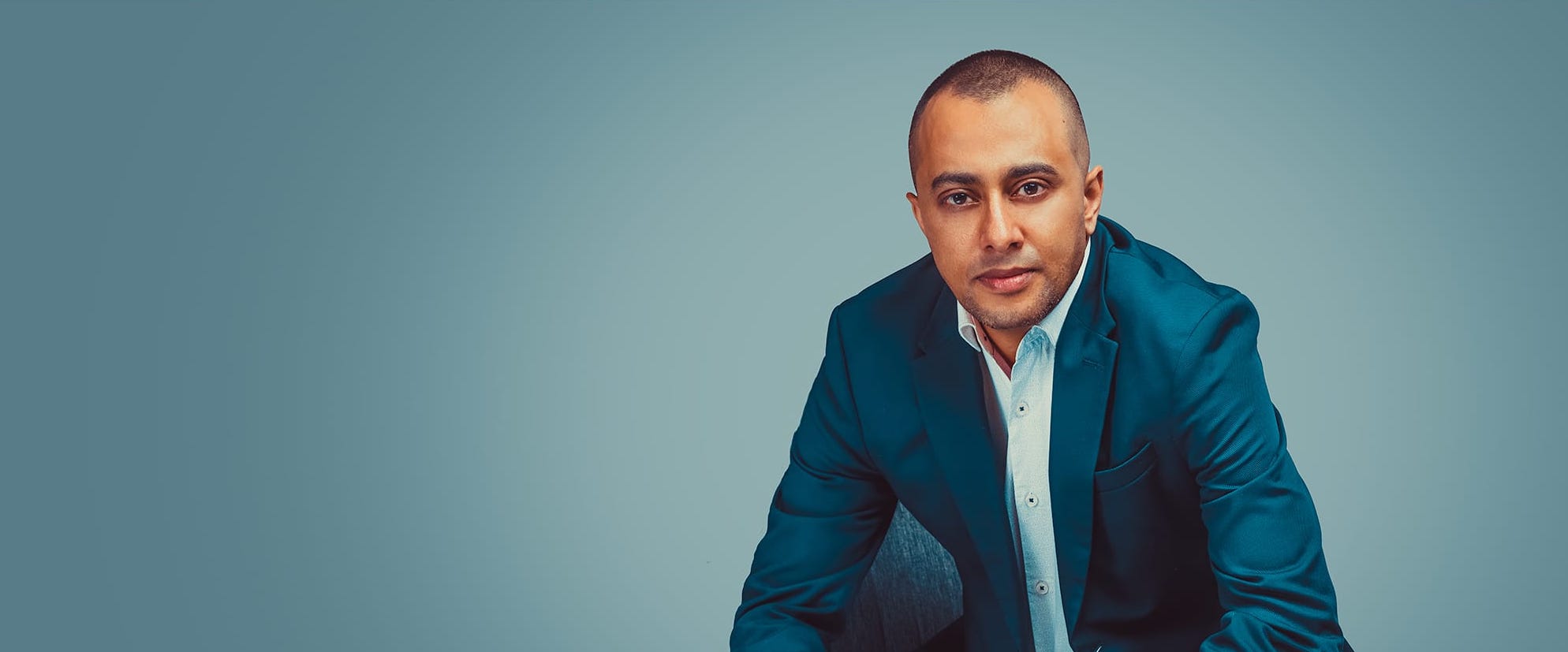Focusing on the theme of ‘Light in the Tunnel’, Nation Builder’s 7th Annual In Good Company conference brought together business leaders, social innovation experts and impact investment thinkers.
Within the lineup of thought-provoking speakers was CEO of The Strategists, Abdullah Verachia. In his talk entitled ‘Disruption: Resetting the now and gearing up for the next’, Abdullah gave his perspective on how to identify opportunities and capitalise on innovation in the midst of deep disruption.
The Covid-19 pandemic has caused disruption across the world. ‘This new canvas is very different to the one we were accustomed to, so we need a new combination of colours to be able to paint on this canvas, as well as a new set of skills as painters,’ said Abdullah Verachia at the 7th Annual In Good Company Conference.
He explained that the canvas symbolises the external environment, in other words that which is happening politically, economically, socially, digitally and environmentally; while the colours symbolise the choices we make. ‘We have moved into a disruptive, digital world, underpinned by rapid shifts in every facet of society, and our choices will determine how we will emerge,’ he explained.
Three ways of thinking
His view is that amid the global, rapid adoption of digitisation and automation, organisations need to embrace three ways of thinking: First, iterative thinking, which refers to doing the same things better; secondly, innovative thinking, which refers to doing new things; and thirdly, disruptive thinking, which refers to doing new things which make the old things obsolete. By way of illustration, Abdullah highlighted disruptive trends in two sectors: commercial property and health care.
The commercial property sector has experienced disruptions which will have a long term impact:
1. The adoption of remote and hybrid working conditions necessitated by the Covid-19 pandemic has caused organisations to downsize their office space, leading to a vast oversupply in this market. The reduced demand for office and/or manufacturing space has been exacerbated by the high number of business closures.
2. The investment potential of properties in the tourism industry has changed significantly. Tourism itself has been restricted due to various lockdowns, and the need for regular business travel has declined due to the increased acceptance of virtual meetings. This has had a negative effect on hotels, conference centres and leisure spaces, especially in urban centres.
3. There has been a tremendous growth in digital retail, and fewer and fewer people still opt for utilising physical retail spaces.
The changing nature of the health care sector can be seen in three major trends:
1. The first is the rise of ‘wellness’. Governments, health care professionals and the public are realising that they need to emphasise proactive, preventative health care, rather than rely on reactive health care.
2. The second is the growing importance of analytics as an enabler for making decisions. For example, the pandemic has proved the value of geolocation mapping and identifying big data trends. The key, however, is the ability to translate analytics into insights, and to then implement decisions based on the insights.
3. The third is the push towards universal health care. The current situation where 83% of South Africans are reliant on an overburdened public health care system is unsustainable, and there is a growing need for providing more equitable access to health care services.
In context of the above, how should we respond as organisations?
Four ways of expressing organisational culture
Abdullah argued that we should apply the three types of thinking to our organisational culture. He referenced the Denison Culture Model, which states that organisational culture is expressed in four ways:
1. Mission – Do we know where we’re going?
2. Consistency – Does our system align with our mission, and create leverage to get us there?
3. Involvement – Are our people aligned and engaged?
4. Adaptability – Are we listening to the marketplace, and do we have the ability to proactively adapt?
Looking at these four elements of culture through the three lenses of iterative, innovative and disruptive thinking, can reveal opportunities to take advantage of new trends and developments in any sector.
‘Strategy is as much about what we are going to do, as about what we are going to stop doing. Organisations don’t have unlimited resources. We need to ask the hard questions, and make the tough decisions,’ he said. ‘We focus so much on generating returns on assets and capital, but we don’t consider generating a return on time, which is our most valuable currency. We need to start thinking about where we spend our time, versus where we aspire to spend our time. And then we need to decide what we are going to start doing, do differently, or stop doing completely, in order to get us there,’ concluded Abdullah.
All rights reserved. Copyright 2018 Mergon Group.
